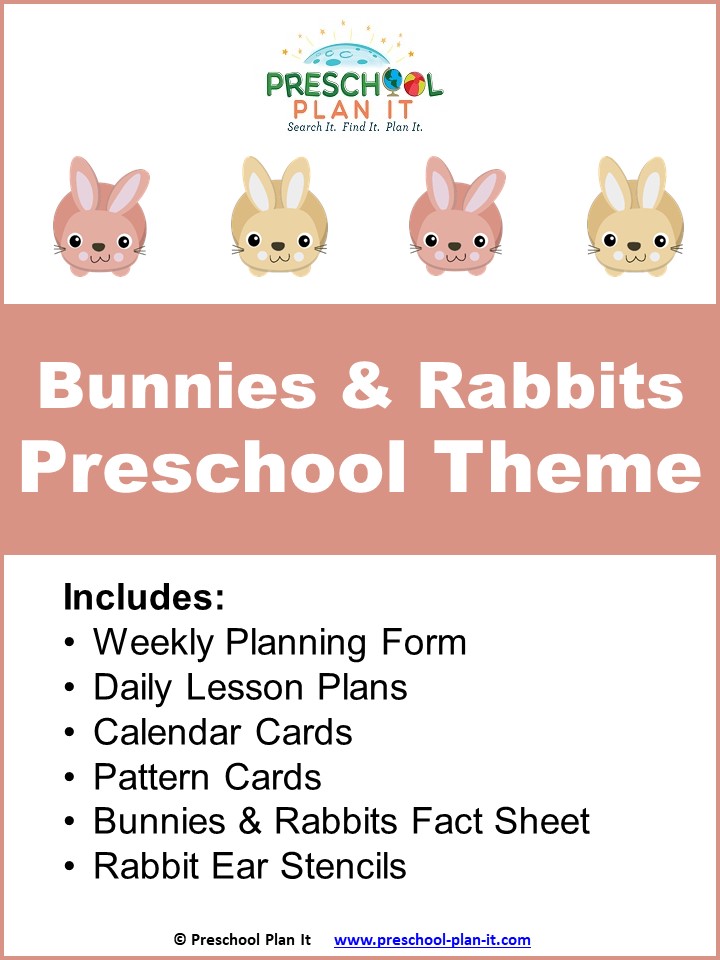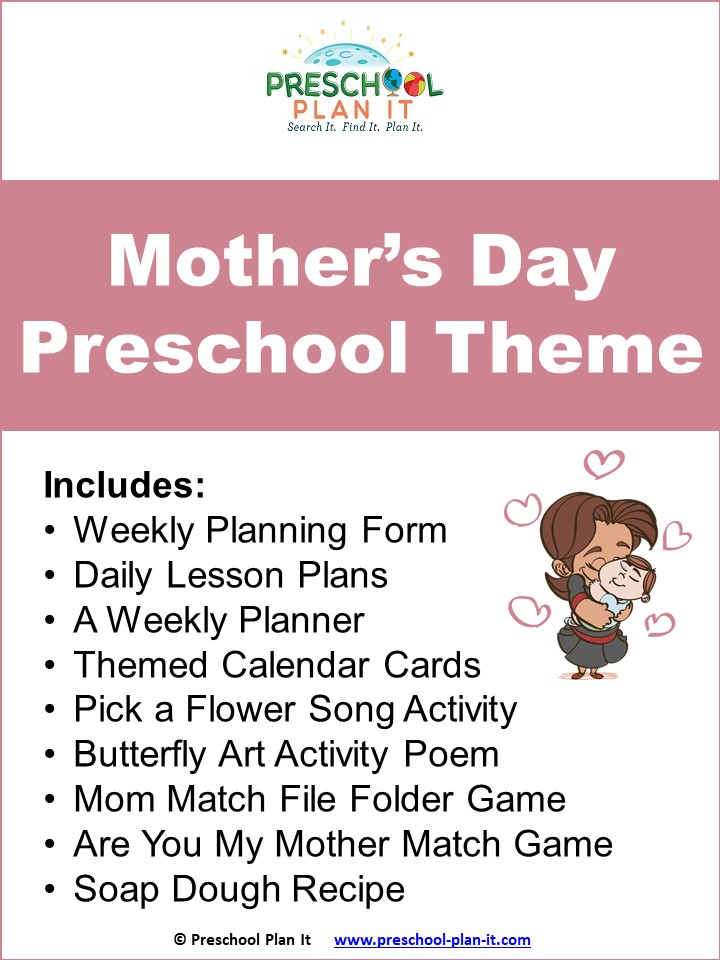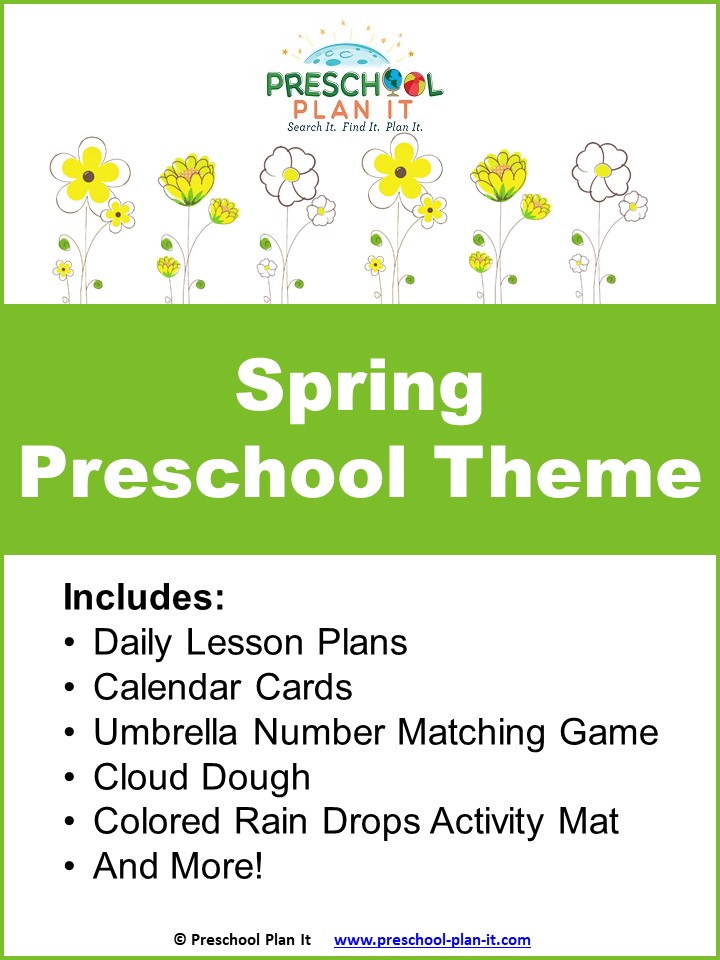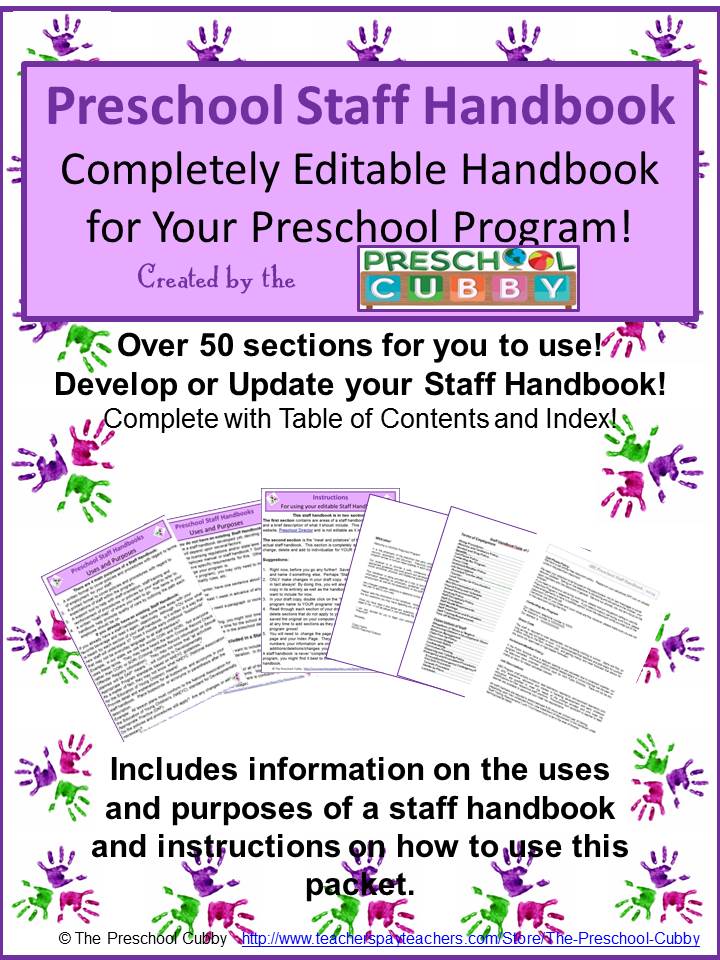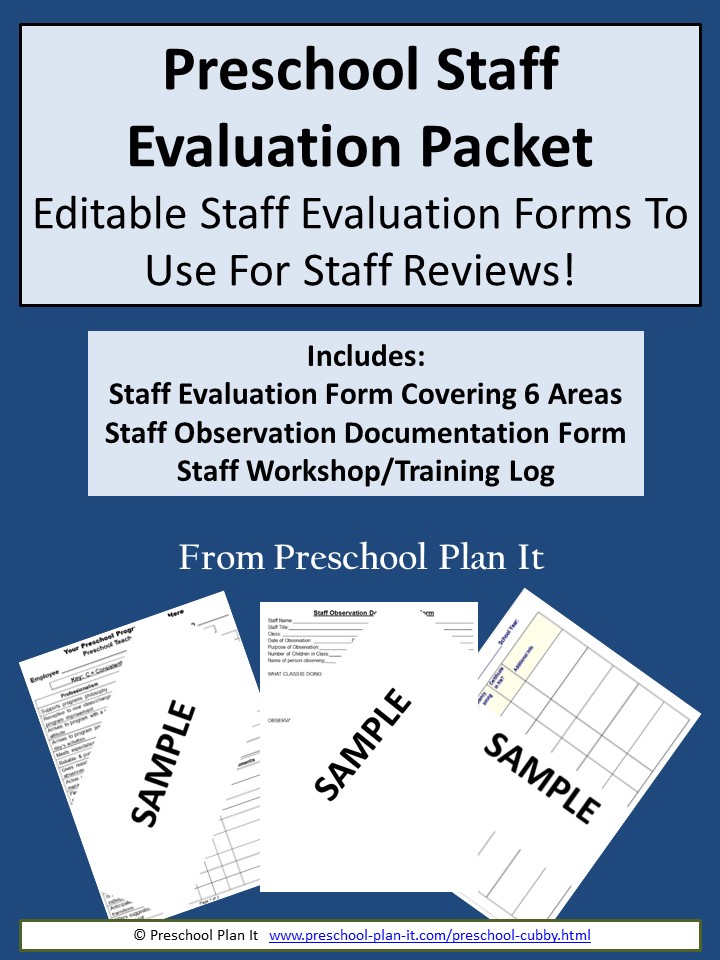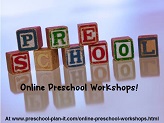- Theme Packs
- Themes
-
Preschool Planning
- Preschool Teachers

Moving To A New Home
Moving to a New Home can be very exciting! There are new colors to choose, a new neighborhood to explore, and perhaps a garden to plan!
However, moving can, and usually does, come with stress as well. There is a lot for a family to do during a move beginning with looking at houses, to making an offer, dealing with the bank for financing, negotiating terms of a lease with a landlord, setting up moving helpers, cleaning, and the list goes on and on!
For more resources to help your preschoolers navigate all areas of family life, check out my Family Life Page.
Moving To A New Home--Impacts on Preschoolers
There are many reasons why people move. Depending on that reason, additional stress can be added. Such reasons include the death of a spouse or other family member, unemployment, deployment in the military, etc.
Regardless of the reason for the move, it can be stressful for preschoolers.
The degree of stress will depend upon the child's developmental age and their personality (how they deal with change in general). These factors will determine the time it takes the preschooler for adjust to the move and to their new surroundings.
There are changes you may see in your preschool student that may be the result of stress or nervousness about the move.
Some things you may see (or that may be more pronounced than they were before the moving process began) are:
- Thumb sucking (or sucking on their clothing tags, hair, blankets, toys, etc.).
- Less independent (they may be a bit more clingy than before).
- Reduced appetite.
- Toileting accidents.
- Reverting to "baby" talk.
- Complaints of headaches or stomachaches.
- Become more shy/less social with their peers.
- Become more aggressive in their conversations and their play with peers.
- Reduced attention span/focus.
These changes can begin before the move (during the "house-hunting" stage) and for 6 weeks after the actual move.
What teachers can do:
Talk often with the family about the search, the packing and the move it self and the settling in throughout their process of moving to a new home. Ask how they are doing! Ask how their child seems to be handling it at home.
Read stories about moving (see list below).
Provide suitcases and boxes in your housekeeping/dramatic play area.
Talk to the group about moving. Let them share their experiences.
Keep routines as close to normal as you can when you know a child is going through a big change, providing them with a constant or predictable time during what is somewhat chaotic for them.
Advice teachers can give to families:
Share your book list with them.
Suggest that they pack their child's favorite toys and items last (some children worry that their packed items are not going with them, not matter how many times you reassure them!).
Let the child help pack their items.
Suggest that they unpack and set up their child's room first so they are surrounded by familiar items in their new room.
Delay other changes (such as potty training, getting new furniture) until after the move.
Suggest that their preschooler hang out with Grandparents or other family member or a favorite babysitter on moving day.
Books about moving to a new home:
(I LOVE Amazon, and some of the links below will take you to the Amazon website. If you do choose to purchase yours through Amazon, they do send me a few cents--which supports my coffee habit! )
Alexander, Who's Not (Do You Hear Me? I Mean It!) Going to Move by Judith Viorst
A New House by Jill Wentzel
Melanie Mouse's Moving Day by Cyndy Szekeres
Moving Day by Jan and Stan Berenstain
Moving House by Usborne Books, Anne Civardi
Moving Molly by S. Hughes
We're Moving by Heather Maisner
We Are Best Friends by Aliki
Go to MAIN FAMILY LIFE page from this Moving To a New Home Page
Go to Preschool Plan-It's Home Page


Hey there! Welcome to Preschool Plan It! I’m Cheryl, a preschool teacher of over 20 years.
I KNOW, I know, you spend hours of time developing your preschool themes, activities and preschool lesson plans each week. You are commited to planning preschool themes and activities that are engaging hands-on, interactive, fun AND meet the goal of supporting each child’s level of growth and development.
I am commited to providing you, the preschool teacher, with everything you need to develop preschool lesson plans and preschool activities for your classroom all in one place!
READ MORE
Join My Free Preschool Teacher Tips Newsletter
You’ll receive a weekly email with planning tips and teaching ideas.
You'll also receive (on the 1st of each month) a free theme starter pack with some printables and activity ideas to get you started planning a theme!Join Now and Get Your First Theme Right Away!
© Copyright 2010-2025 Preschool-Plan-It.com | All Rights Reserved | Privacy Policy & Disclaimer
- Preschool Teachers





